 |
| November 03, 2020 |
Dear Reader,
It's Election Day in the United States, but around 100 million ballots have already been cast. Serious political tensions and fears of COVID-19 have led record-breaking numbers of Americans to vote early this year, either by mail or in person. The process of counting these votes relies on machines that vary a great deal from state to state and even from county to county. In our main story, an expert explains how voting machines work, their vulnerabilities, and what to expect on and after Election Day. In addition to our election coverage, today's roundup also features a piece by our senior editor Gary Stix on his experience donating convalescent plasma that might help in treating COVID-19 patients. And, sadly, scientists and engineers will soon determine the fate of the International Space Station. If humans don't retire it, eventually the hazards of space will. |
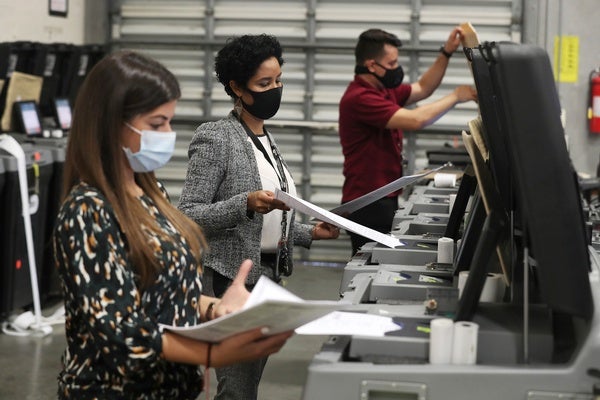 |
| |
| |
| |
| |
| |
| |
| |
FROM THE STORE
 | | Playing Politics: The Science of Elections Politics makes strange bedfellows, and that becomes even more apparent when trying to analyze the science of politics. Pulling from an array of disciplines, including social science, behavioral science and mathematics, this eBook analyzes key factors in the process of electing a leader. |  | | |
| |
FROM THE ARCHIVE
 | | | |
| |
LATEST ISSUES
 |
| |
| Questions? Comments?  | |
| Download the Scientific American App |
| |
| |



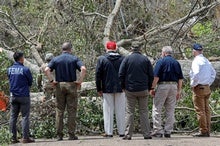
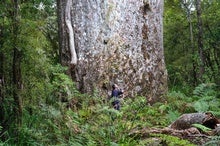
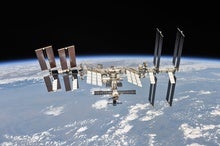

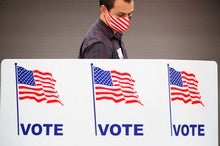
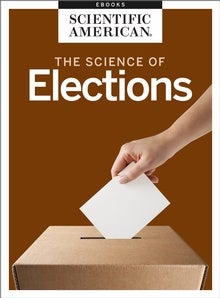




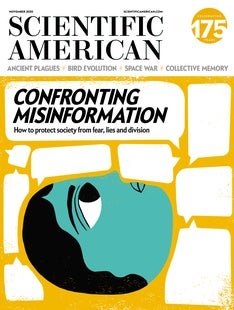


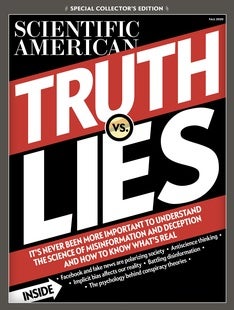
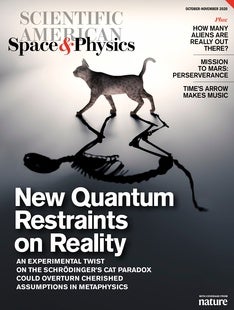



Comments
Post a Comment